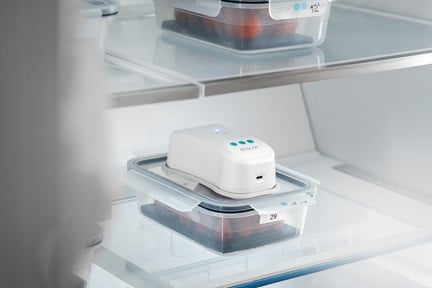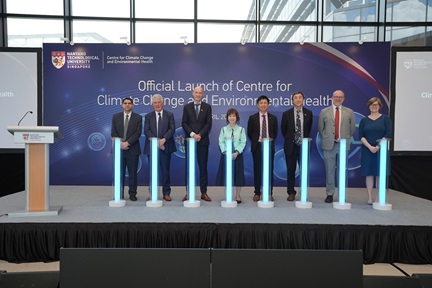NTU and A*STAR scientists develop new way to deliver more drugs through the skin
Scientists from NTU Singapore and the Agency for Science, Technology and Research (A*STAR) have showed that applying “temporal pressure” to the skin of mice can create a new way to deliver drugs.
In a paper published in Science Advances, the researchers showed that bringing together two magnets so that they pinch and apply pressure to a fold of skin, led to short term changes in the skin barrier and specifically the formation of “micropores” underneath its surface.
In tests, they showed that these micropores, of about 3 micrometres in area, allowed drugs applied on the surface of the skin to diffuse through it more easily. Six times greater quantity of drug diffused through the skin of mice with the micropores compared to the skin of mice which did not receive the temporal pressure treatment.
Lead author of the paper, Dr Daniel Lio, who did this research as part of his doctoral thesis at NTU’s School of Chemical and Biomedical Engineering, Interdisciplinary Graduate Programme, said that while needles and microneedle injections damage the skin, micropores could pave the way towards painless transdermal delivery of drugs such as insulin.
“Our research project was first inspired by the traditional Chinese medicine ‘tuina’ therapy where physicians rub and apply pressure on skin and muscle tissue and apply a topical ointment,” explained Dr Lio, who is now working at A*STAR’s Enterprise Group.







